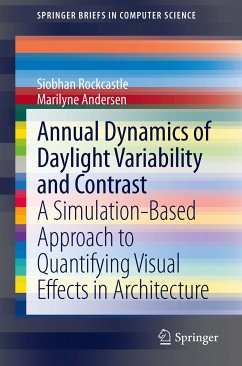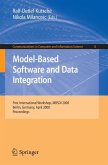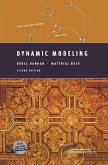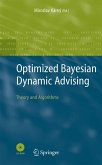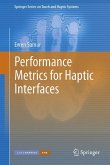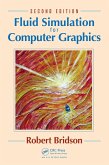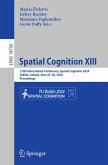Under the rapidly growing context of energy conscious research, there is a need to re-balance our definition of "performance" to include those perceptual and aesthetic aspects of light that are often disregarded by the world of simulation. Contrast is important to the definition of space and it is essential in understanding how architecture is enhanced and transformed over time by the dynamic and variable characteristics of daylight. Although there are a growing number of studies that seek to define the relationship between brightness, contrast, and lighting quality, the dynamic role of daylight within the visual field is underrepresented by existing metrics. Although spatial contrast and light variability are fundamental to the visual experience of architecture, architects still rely primarily on intuition and experience to evaluate their designs because there are few, if any, metrics that address these factors.
New metrics that addresses this challenge could help designers to contextualize the relative strength and temporal stability of contrast within a given architectural space, which would open up a new dimension in architectural performance. Through an analysis of contemporary architecture from around the world, the authors have developed a new typological language that categorizes architectural space in terms of contrast and temporal variation. This research proposes a new family of metrics that quantify the magnitude of contrast-based visual effects and time-based variation within daylit space through the use of time-segmented daylightrenderings to provide a more holistic analysis of daylight performance.
Dieser Download kann aus rechtlichen Gründen nur mit Rechnungsadresse in A, B, BG, CY, CZ, D, DK, EW, E, FIN, F, GR, HR, H, IRL, I, LT, L, LR, M, NL, PL, P, R, S, SLO, SK ausgeliefert werden.

